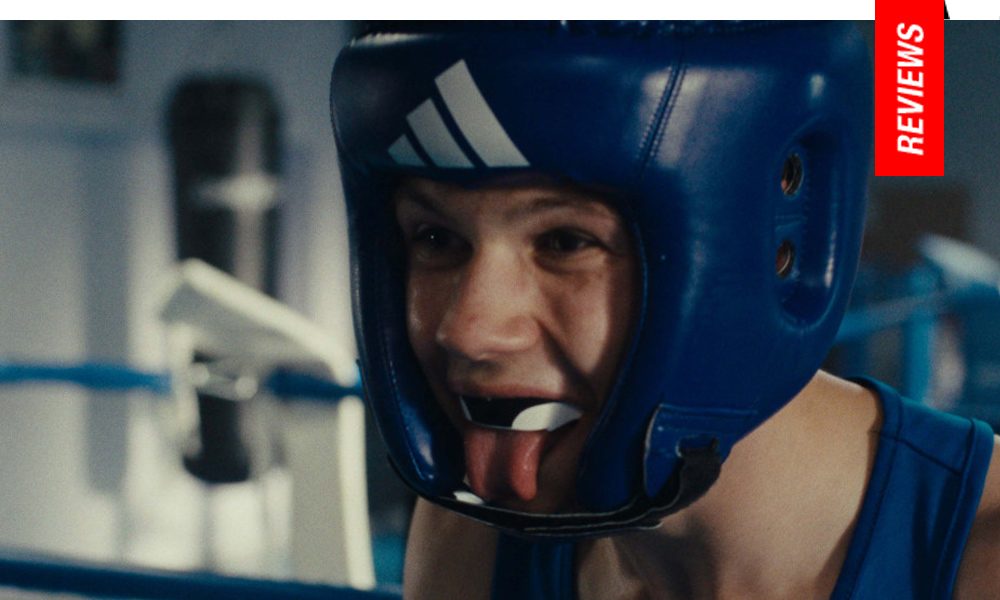Fox on the Run: Carnoy Explores Bruised Masculinity
Camille (Kircher) is a prized student at a specialized boarding school in sports training. Heralded as an up-and-coming boxer among his peers, his world seems to be unfurling before his eyes. Outside of training, he spends his time with best friend Matteo (Faycal Anaflous). But their carelessness eventually leads to an accident in which Camille suffers a serious injury. Upon recovery, however, it seems he’s still suffering debilitating physical pain, despite his wounds healing. Unable to attend practice, much to his coach’s (Jean-Baptiste Durand) chagrin, Camille fakes his doctor’s diagnosis regarding his phantom pain and compromises his team at a local tournament, courting the chagrin of his impatient peers. A budding romance with a young woman passionate about playing the trumpet is his only solace.
Kircher, who exudes more of a sullenness than his elder acting brother Paul, remains a bit naggingly inscrutable as Camille. His accident forces a disassociation with his best friend Matteo, as well as his less understanding teammates, allowing space for a developing romance with fellow student Anna Heckel. The most interesting element of the narrative is how Camille is led to understand and overcome the psychological inhibitions which are manifesting in physical pain, but his duress is eclipsed by the onslaught of the narrative’s generalized functions. It would seem Camille is certainly the prized student of Jean-Baptiste Durand’s coach (a much more standard characterization this his unkempt performance in Alain Guiraudie’s Misericordia, 2024), but there’s such futile differentiation between the students the privileges he’s afforded seem suspicious. What is it about Camille that’s interesting or compelling? Neither Kircher nor Carnoy formulate his essence for the audience.
Spackled over all the stops and starts of Camille’s return to the ring are the omnipresent foxes, who have become a pesky nuisance to the humans in their midst. Camille and Matteo are partially responsible for this, a favorite pastime being stringing up carrion from the trees to feed their furry counterparts, who now view the school as a feeding ground. This culminates in a school sponsored hunt to eliminate the animals via a hunting party, which coincides with Camille’s teammates planning to physically beat him while they’re supposed to be safely locked within their dormitories during the carnage. Gun blasts provide the soundtrack of the denouement, which theoretically provides a powerfully charged aural stimulus for the finale. But without anything beyond superficial empathy of the suggested scenario faced by either Camille or the foxes, we’re left with an emotionally inert, inherently predictable affair.
An element of idiosyncrasy regarding either Camille or the narrative would have elevated the standardized formula (not unlike the anthropomorphic element undertaken by Paul Kircher in the more pronouncedly daring The Animal Kingdom, 2023, for example), but Wild Foxes is neither wild nor foxy, and the implied dance of the commonly red, suggestively transformational creatures, is on a constant downbeat.
Reviewed on May 17th at the 2025 Cannes Film Festival (78th edition) – Directors’ Fortnight. 92 Mins.
★★/☆☆☆☆☆
